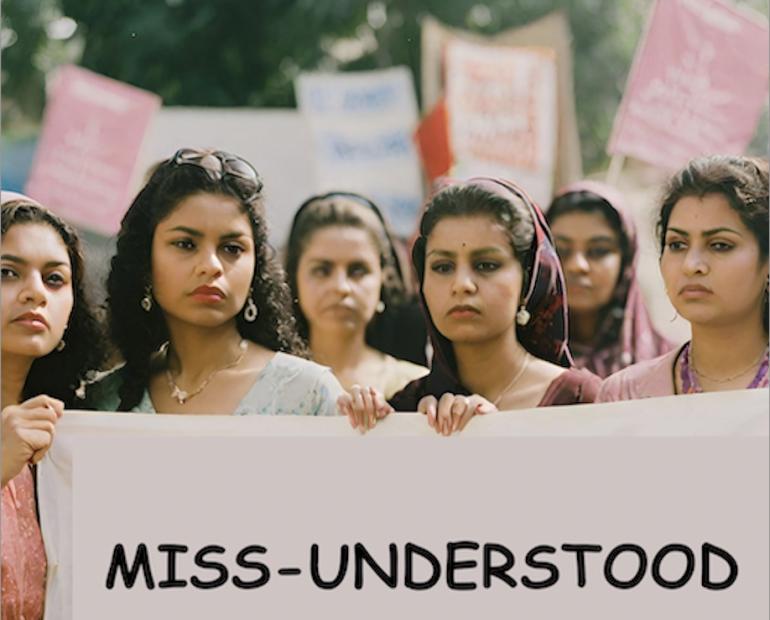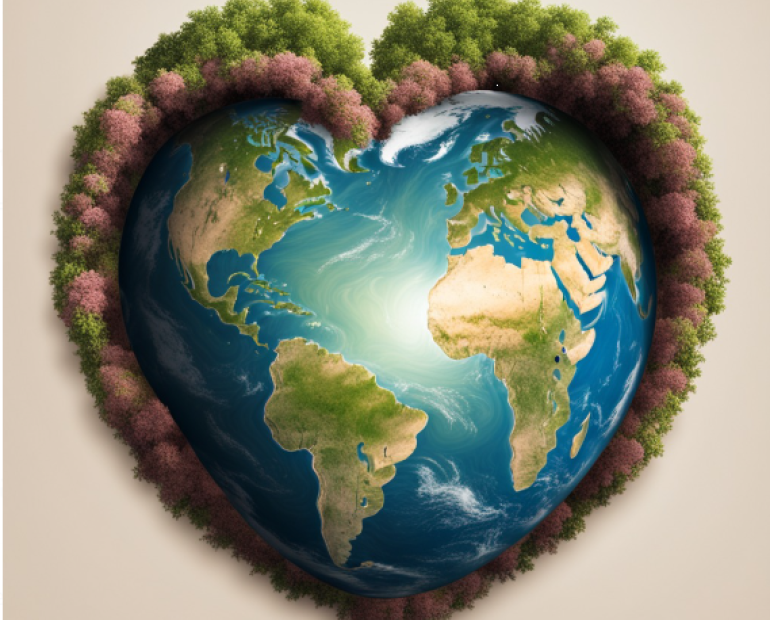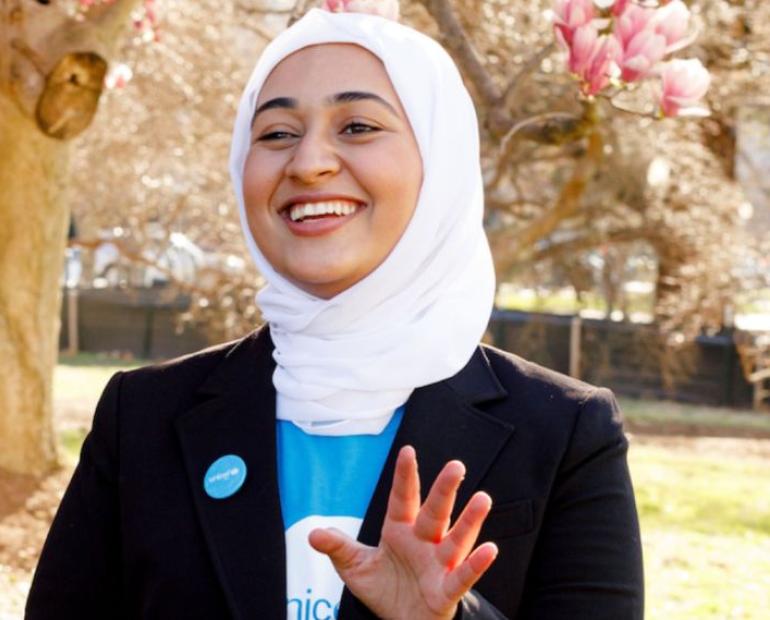
“Clean hands with soap and water, cover nose and mouth with tissue or flexed elbow when coughing and sneezing, practice social distancing…” are amongst the safety measures issued by the World Health Organisation encouraging the public to minimise exposure to the risk of contracting the coronavirus (COVID-19).
One cannot resist the air of melancholy currently ravaging the world much like the pandemic; exacerbating the existing plight of lack of access to menstrual health and hygiene management (MHM) for all. To a greater extent, it can be assimilated that there exists a wider correlation between the magnitude of natural disasters and the levels of period poverty rates resulting in indecipherable barriers for young girls as well as women - inordinately dwindling success in their endeavours. Consequently, strengthening the global calls for the prioritisation of Menstrual Rights into law.
As a South African Activist for Menstrual Health, Founding Director and Chief Executive Officer of Team Free Sanitary Pads, I am of cognisance that COVID-19 has succinctly chronicled forthwith the urgency within which global governments, corporates, civil society and other organisations must be relentlessly mobilised to prioritise young girls as well as women.
With each passing day, Menstrual Rights have been enveloped in the shadows, which in their intrinsic nature form part of the recommended COVID-19 mitigating measures in terms of hygiene management aspect of MHM.
However, to deconstruct the narratives and break period stigma it all begins by using factual menstrual health terminology. I would like to imagine that Menstrual Rights and Responsibilities involve but not limited to: the free quality overall access to safe bathrooms with wash basins and the responsibility to keep them sanitised after use, free quality sanitary products and the responsibility to keep our environment clean by disposing of menstrual waste duly.
Hygienic soap with toilet paper and the responsibility to consider the needs of others, protection by menstrual health legislation and policy frameworks with the responsibility to abide by regulations, access to menstrual education and the responsibility to practice teachings, access to waste disposable management and the responsibility to care for the facilities, access to timely medical care and the responsibility to attend to our health, amongst others.
On the other hand, there exists a distressful predicament for young girls and women in underprivileged nations intertwined with the horrid realities of the COVID-19 pandemic, where national disaster regulations are out of reach for adherence due to harsh limitations of the state of being extremely poor.
This calls for inclusivity and swift comprehensive gender equality action by those charged with governance as well as authority to deliver needed safe water (W), adequate sanitation (S) and hygiene (H) education to address socio-economic imbalances in the aim to save lives from COVID-19; whilst eradicating period poverty.
Personally, I am of sound belief that for nations to effectually propel leaders into action, access to WASH and MHM should surpass the lengths of mere moral obligation confinements by becoming justly connected with the law.
It is in this manner, that collective citizens with governments may be held accountable and gain unrestricted access to their rights in face of natural disasters. Characteristically, social distancing (amongst the prescribed safety measures) would be a more manageable disposition for menstruating populations, particularly in developing nations had there been government sanitary product dispensers much like the condom-model facilities, as currently activists with their respective organisations have to face complex COVID-19 regulation restrictions above the existing misfortunes caused by lack of Menstrual Health Freedom.
If we as nations are to emancipate women and young girls in our strides to achieve the decade of generation equality beyond COVID-19, we need to do more by circulating needed resources amongst poorer as well as wealthier nations to eliminate inequality shortfalls, this can be diligently attained by promulgating Menstrual Rights as a way of seeking united sustainable global solutions. Period poverty does not discriminate, its alleviation can thus be the tool to global socio-economic prosperity as woman generally are said to be effective leaders when advanced with equal opportunity.







